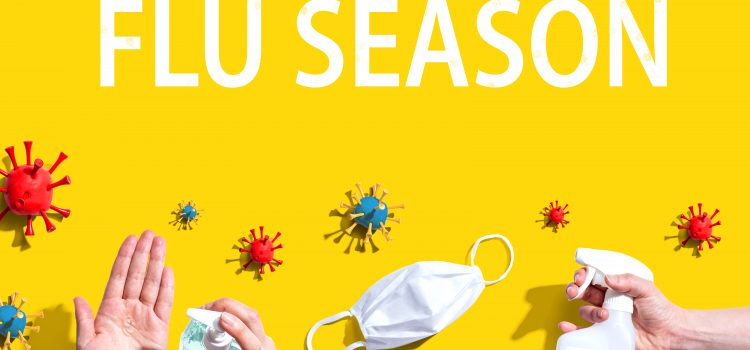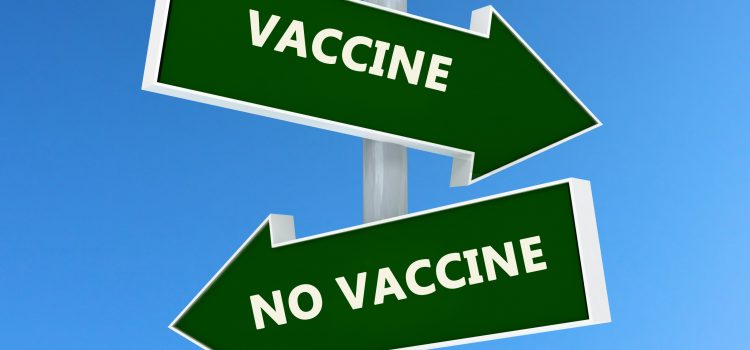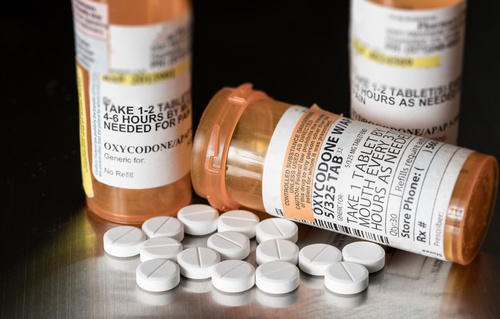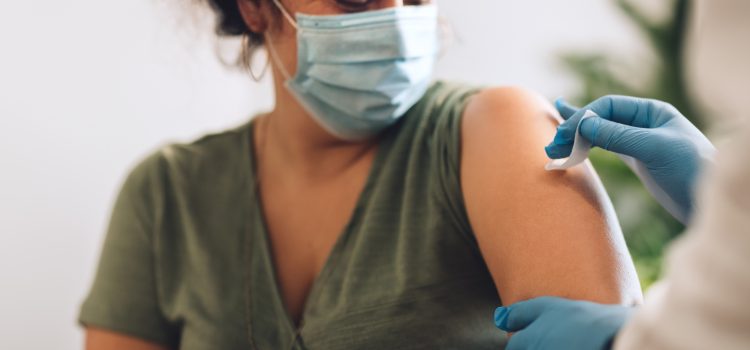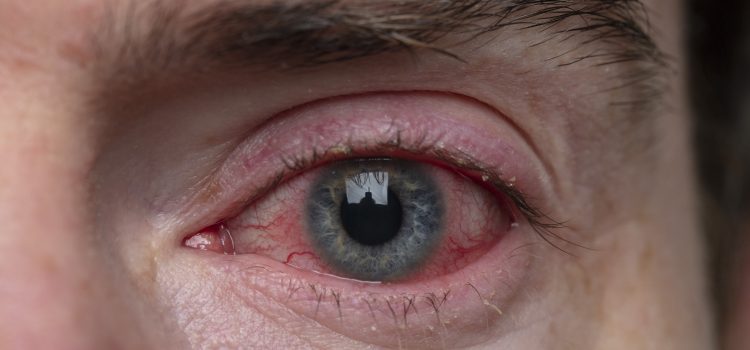The success of vaccinations against much older viruses has been part of the rallying cry for people trying to convince others that it is not only wise, but the responsible thing to do to get vaccinated against COVID-19. Unfortunately, we collectively seem to have forgotten that we can’t afford to let vigilance lapse once we think we’ve tamed a virus. We could be at a precarious point with measles right now, for example. The past …
Read More

